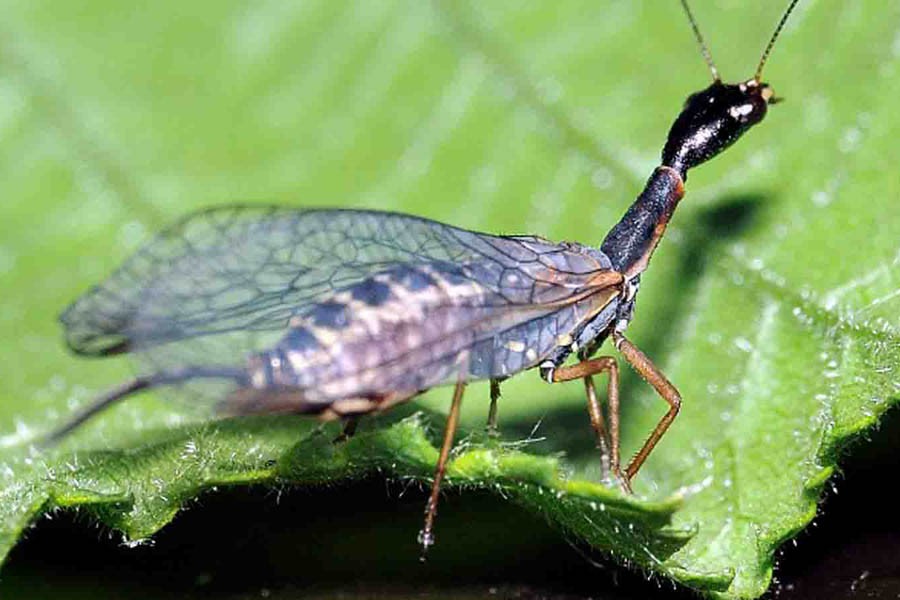The news of extinction of nearly half of all insects from the face of the earth in a few decades is set to cause distress to a number of nations. A new study comes up with the startling revelation. People of the countries mentioned relish the tiny creatures. A few of them have been consuming insects as a prime diet since time immemorial. The insect-eating countries include vast swathes located in Southeast Asia and South America. But the news assumes global proportions. It encompasses many implications, when, scientists predict, the planet Earth will pass into an age without insects in the wild and the neighbourhood greenery. A group of researchers do not mince word in forecasting that almost all insects could vanish within a century. The bug-consuming nations might switch over to increased diets of fish and meat. This may not emerge as a great problem. But when it comes to cataclysmic biodiversity losses, ecologically aware people will have chills go down their spine.
The process has already begun. Across the world hundreds of insect species are now on the verge of extinction. They include butterflies and moths, bees, wasps, beetles and dragonflies. Many scientists would love to liken the approaching mass extinction of all animals and insects to similar disappearances millions of years ago. Like in the animal kingdom, some marvellous species also add to the wonders of the insect world. Migrating butterflies are among them. Being located in the tropical region, the insects in Bangladesh are considered quite vulnerable. The numbers of common insects like dragonflies, grasshoppers, earthworms etc have long been on the decline. Orchards in the evening no longer resound with the chirping of crickets. Grasslands remain mostly silent after dusk meaning there are few insects left.
Thanks to climate change impacts, habitat loss, pollution, changes in agro-practices and the excessive use of pesticides, small insects find themselves amid a hostile situation. Apart from the common causes, there are some which are alarmingly extraordinary. The most dreadful of them is a biological one --- pathogen. Caused by varied reasons, deaths of insects en masse can lead to disastrous phases for a vast region.
That biologists, ecologists and general environmentalists will start becoming perturbed over the grim forecast is implied. Economists are also included in the list, finding them in the spotlight. An in-depth study of the impending calamity of the wiping out of insects and its long-term fallout makes the picture clear. Scientists are feeling disturbed at the grim prospect of annihilation of a large number of pollinating insects in their phase of mass extinction. With no pollination through insects, agricultural production will see a sharp decline. This unwarranted break in agro-production is feared to jeopardise global food security. Economists thus enter the scene. It doesn't require expert observations that disturbance caused to food security is set to end up being an imminent threat to the world economy, nutrition and diet diversity. Aberration in ecosystems has also been identified as a scourge in the making.
A popular American newsweekly around two decades ago made a cover story on a possible invasion of the earth by insects. Titled 'The bugs are coming', the story gave a creepy portrayal of the catastrophe insects might cause to mankind during and after their overrunning of Earth. The situation is now reverse. Instead of being annoyed by the presence of bugs, man might be seen in the future to be more than eager to let the insects grow in whatever place they find suitable. It could be all because by that time the world would realise the critical role insects played in ensuring its economic security.


